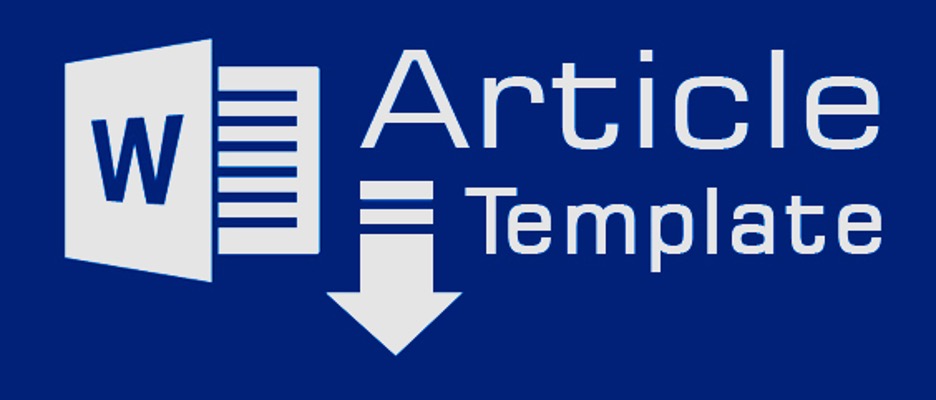RESPON ORMAS KEAGAMAAN KOTA KEDIRI TERHADAP IDEOLOGI MANTAN ANGGOTA HIZBUT TAHRIR INDONESIA
DOI:
https://doi.org/10.30762/empirisma.v30i2.437Keywords:
Ex-HTI Ideology, Conflicts Potential, Nahdlatul Ulama, MuhammadiyahAbstract
In this study, the researcher seeks to see the extent of the potential for conflicts with ideological backgrounds
carried out by former HTI members due to their efforts to hegemony political and religious actions in the City of
Kediri. The form of research used in this research is field research. Field research is a type of research oriented to
the collection of empirical data in the field. Testing the data in this study using transferability analysis. Testing
this data is a modification of external validity in qualitative research. The research that has been carried out
has shown that in the City of Kediri the infiltration of former HTI is not much different from the initial goal
of establishing HTI, namely preaching Islam by propagating the establishment of a caliphate (pan-Islamism)
internationally and the enforcement of sharia law for all mankind. The movements of former HTI members in
Kediri City are indeed banned from their activities by the Government, but the fact is that their ideology is still
alive in Kediri City. This received a different response from NU and Muhammadiyah in Kediri. NU City of Kediri
is the most vocal organization in preventing the growth and development of HTI ideology to revive in the City of
Kediri. Meanwhile, Muhammadiyah of Kediri City is more lenient in dealing with the ideology of the former HTI
member. Although in essence Muhammadiyah itself agrees with the dangers of the HTI ideology.
Downloads
References
Faisal, Sanapiah. Filosofi dan Akar Tradisi Penelitian Kualitatif. Surabaya: BMPTSI 1998.
Furchman, Arif. Pengantar Metodologi Kualitatif. Surabaya: Usaha Nasional, 1922.
Hendrarso, Emy Susanti. “Penelitian Kualitatif: Sebuah Pengantar”, dalam Bagong Suyanto dan Sutinah (ed.), Metode Penelitian Sosial. Jakarta: Kencana, 2010.
Hizbut Tahrir Indonesia, AL-Islam, Buletin Mingguan, bulan Oktober, 2015.
Hizbut Tahrir Indonesia, Strategi Dakwah Hizbut Tahrir. Bogor: Toriqul Izzah. 2001.
Khalimi. Ormas-Ormas Islam. Jakarta: Gaung Persada, 2010.
Kuntowijoyo. Identitas Politik Umat Islam. Bandung: Mizan, 1999.
Lofland, John. Analyzing Social Setting: A Guide to QualitativeObservation and Analysis. Belmont: Wadsworth Publishing Company, 1984.
Moeloeng, Lexy J. Metode Penelitian Kualitatif. Bandung: Remaja Rosdakarya, 2002.
Mufid, Ahmad Syafi’I. Tangklukan Abangan dan Tarekat Kebangkitan Agama di Jawa. Jakarta: Yayasan Obor Indonesia, 2006.
Muhammad ‘Abed, Al-Jabiri. Agama, Negara dan Penerapan Syariah, terj. Mujiburrahman. Yogyakarta: Fajar Pustaka Baru, 2001.
Nuhrison (ed), M. Nuh. Aliran/Faham Keagamaan dan Sufisme Perkotaan. Jakarta: Prasasti, 2009.
Patton, Michael Quinn . Metode Evaluasi Kualitatif, terj. Budi Puspo Priyadi. Yogyakarta: Pustaka Pelajar, 2006.
Ra’is, Muhammad Diya’udin. Islam dan Khilafah Modern. Bandung: Pustaka, 1985.
Sjadzali, Munawir. Islam dan Tata Negara: Ajaran, Sejarah dan Pemikiran. Jakarta: UI Press, 1993.
Novita, Almi. Ainur Rofiq Al-Amin, Muchammad Helmi Umam, “Resiliensi Komunitas Mahasiswa Eks-Hizbut Tahrir Indonesia diUniversitas Islam Negeri Sunan Ampel Surabaya Pasca-PerppuNomor 2 Tahun 2017” Fikrah: Jurnal Ilmu Aqidah dan Studi Keagamaan. Volume 8 Nomor 2 2020.
- 349. Sulaeman, Mubaidi. “Permainan Bahasa Atas Tuduhan Gerakan Fundamentalisme Islam Dalam Politik Barat”. Kontemplasi: Jurnal Ilmu-Ilmu Ushuluddin, 7(1), (2019).
-72. ---------. “Menjernihkan Posisi Hijab Sebagai Kritik Ekspresi Keagamaan Fundamentalisme Islam.” Jurnal Ilmiah Spiritualis: Jurnal Pemikiran Islam Dan Tasawuf 4, no. 2 (2018): 104–30. Zahra, Abu. (ed.), Politik Demi Tuhan: Nasionalisme Religius di Indonesia. Bandung: Pustaka Hidayah, 1999.
Downloads
Published
How to Cite
Issue
Section
License
Copyright (c) 2022 Moh. Qomarul Huda, Mubaidi Sulaeman

This work is licensed under a Creative Commons Attribution-NonCommercial-ShareAlike 4.0 International License.













 This work is licensed under a
This work is licensed under a 








